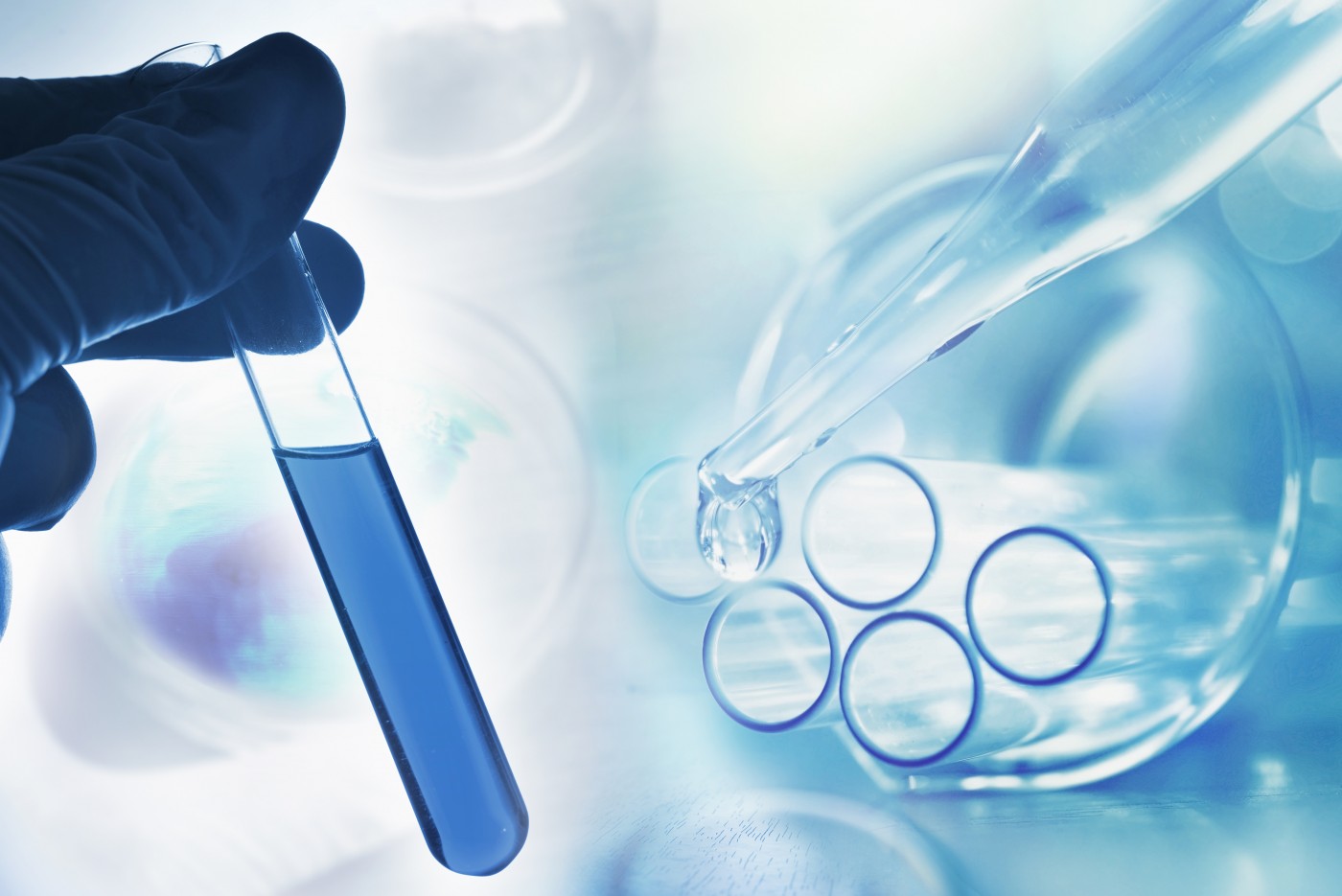New Mouthwash Formulation May Help to Relieve Symptoms of Dry Mouth, Study Finds

Individuals with dry mouth, including those with Sjögren syndrome, may benefit from using a moisturizing mouthwash with cetylpyridinium chloride, a new study shows.
The study, “A randomized controlled study to evaluate an experimental moisturizing mouthwash formulation in participants experiencing dry mouth symptoms,” was published in the journal Oral Surgery, Oral Medicine, Oral Pathology and Oral Radiology.
Dry mouth is a common problem and has been reported by up to 47 percent of people at some point in their lives. Dry mouth tends to have a higher prevalence in older individuals and is more likely to occur in women.
Many factors can cause dry mouth, including Sjögren syndrome. However, many people, particularly those with Sjögren syndrome, may underestimate their levels of oral dryness and may never seek professional help.
Sipping water can temporarily help patients relieve the sensation, but it has limited effectiveness.
Researchers in this study set out to determine if symptom relief can be obtained from a newly developed moisturizing mouthwash. While the formulation used to make this mouthwash is similar to those previously available, a different preservative system that incorporates cetylpyridinium chloride (CPC) instead of parabens was used.
Researchers recruited patients with self-reported dry mouth, some of whom had Sjögren syndrome. To determine the mouthwash’s effectiveness, researchers used questionnaires both before and after use.
The product performance and attributes questionnaire (PPAQ) previously has been validated as an appropriate tool to determine the efficacy of dry-mouth products.
Participants were randomized to receive either the experimental mouthwash or water only. For eight days, the mouthwash group used 1-2 doses per day at home. Both groups were allowed to sip water if needed.
Supervised treatment took place on days 1, 3, and 8. During treatment, before and after administration, participants completed the PPAQ, parts 1 through 4.
The primary endpoint of the study was relief of dry mouth symptoms, as determined by question 1 of the PPAQ3 — “Relieving the discomfort of dry mouth” — at 120 minutes after use of the experimental mouthwash or water, after eight days of treatment.
Researchers found that individuals in the mouthwash group had significantly more relief of dry mouth symptoms versus participants in the water-only group.
Patients without Sjögren syndrome seemed to favor the mouthwash, but this was not the case in patients who had the syndrome.
Regarding safety, eight non-serious, treatment-related adverse events were reported by the mouthwash group.
“The findings of a subjective questionnaire showed that an experimental moisturizing mouthwash provided greater relief than water only from dry mouth symptoms over 8 days,” investigators concluded.
“The study shows that efficacy and oral tolerance are retained with the use of CPC as a preservative and adds weight to the use of PPAQ as a measure to distinguish dry mouth remedies,” they added.






